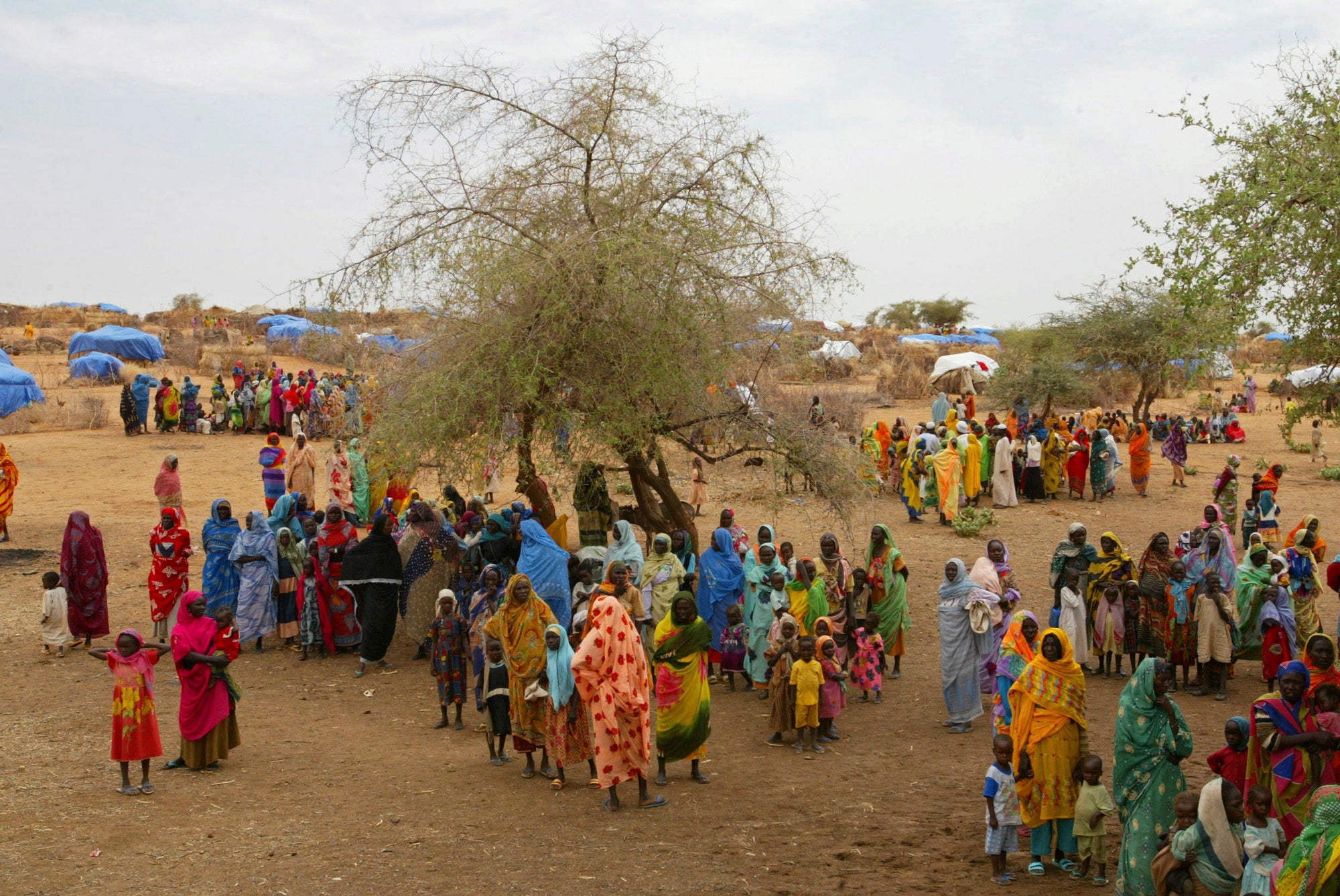Sudan’s war risks creating the world's largest hunger crisis, the top UN food official warns
The top U.N. food official has warned that the ruinous war raging for about a year between rival generals in Sudan risks creating the world’s largest hunger crisis

A ruinous war raging for about a year between rival generals in Sudan risks creating the world’s largest hunger crisis, the top U.N. food official warned Wednesday, as the global attention has been focused on the Israel-Hamas war in Gaza.
Cindy McCain, head of the World Food Program, said Sudan's war, which pits the country’s military against a violent paramilitary group, has shattered the lives of millions across the northeastern African nation.
“The war in Sudan risks triggering the world’s largest hunger crisis,” McCain said as she wrapped a trip to neighboring South Sudan, where hundreds of thousands had fled the fighting in their home country.
The U.N. food agency said some 18 million people across Sudan face acute hunger, with the most desperate trapped behind the front lines.
Sudan plunged into chaos in mid-April when clashes erupted in the capital, Khartoum, between the country’s military, led by Gen. Abdel Fattah Burhan, and the Rapid Support Forces, commanded by Gen. Mohammed Hamdan Dagalo.
The fighting quickly spread across the nation, especially urban areas but also the restive western Darfur region. Thousands of people have been killed, including between 10,000 and 15,000 people, when RSF forces and allied Arab militias rampaged through a Darfur town last year.
Two decades ago, Darfur became synonymous with genocide and war crimes, particularly by the notorious Janjaweed Arab militias, against populations that identify as Central or East African.
It seems that legacy has returned, with the International Criminal Court’s prosecutor Karim Khan saying in late January there are grounds to believe both sides are committing possible war crimes, crimes against humanity or genocide in Darfur.
“Twenty years ago, Darfur was the world’s largest hunger crisis and the world rallied to respond. But today, the people of Sudan have been forgotten,” McCain said.
The conflict has uprooted more than 10 million people either to safer areas inside Sudan or to neighboring countries, according to the U.N. agencies.
McCain called for the warring parties to stop fighting and allow humanitarian agencies to provide their life-saving assistance.
“The consequences of inaction go far beyond a mother unable to feed her child and will shape the region for years to come,” she said.
Bookmark popover
Removed from bookmarks